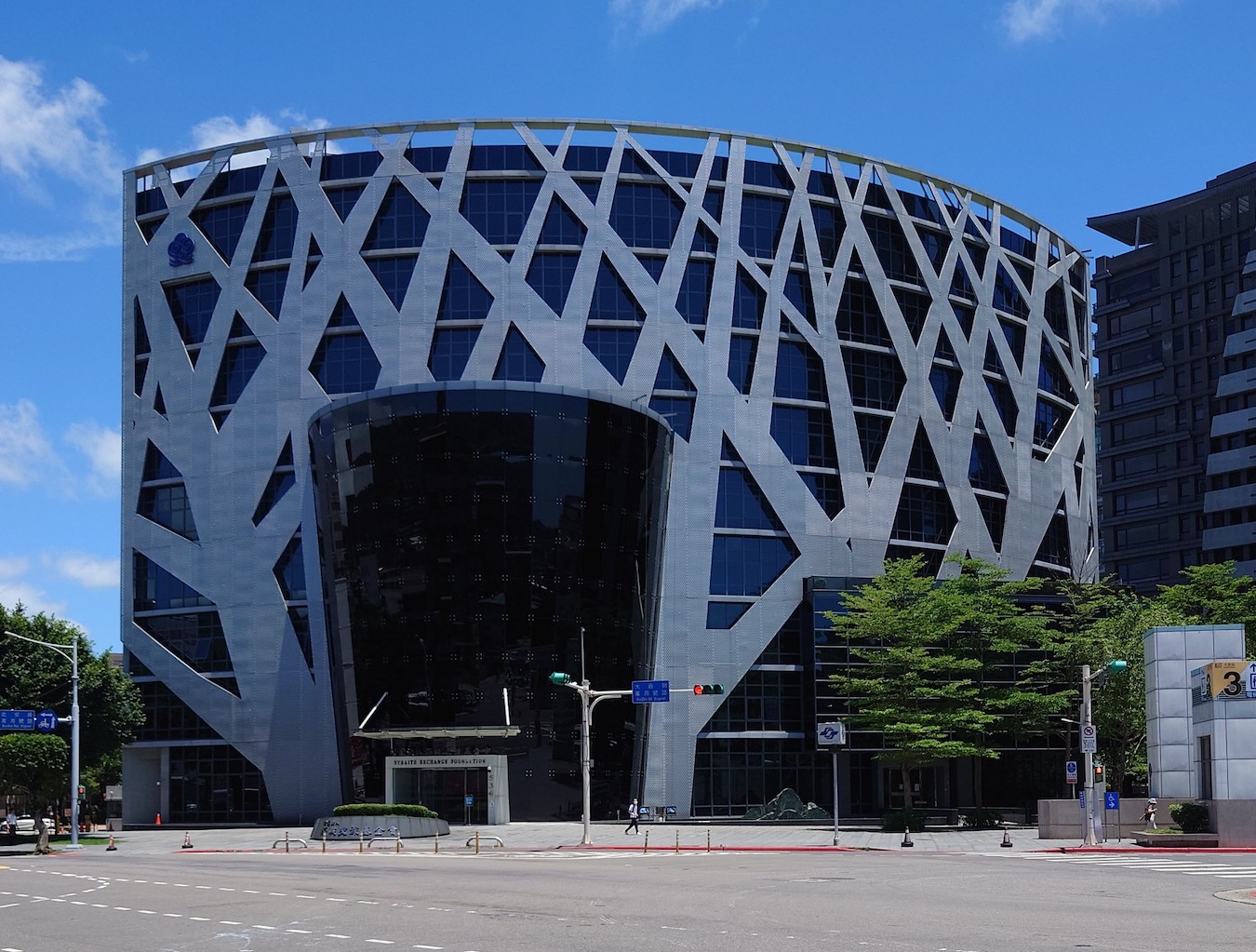by Brian Hioe
語言:
English
Photo Credit: Wpcpey/WikiCommons/CC BY 4.0
RECENT REPORTS SUGGEST that Taiwanese writer Roson, who lives in China, has been sentenced to twelve years imprisonment. It is unclear as to what reasons Roson, whose real name is Liao Meng-yen, has been imprisoned.
Liao is a writer of online erotic fiction, specializing in erotic Chinese martial arts novels. Likewise, he ran an online platform for online erotic fiction. Nevertheless, Liao had disappeared for over a year. Liao’s website shut down in September last year without warning and his last post on Weibo was in November of last year.
Reports about Liao’s arrest suggest several possible causes for his disappearance. Information released by the Chinese government indicates that a man surnamed Liao is accused of publishing obscene works, while other charges accuse the website he ran of being a cover for a criminal group. As the name of the individual was redacted apart from the surname Liao, it cannot be confirmed that this is, in fact, Liao Meng-yen, but he would fit the description.
Liao’s imprisonment may not have been due to political views pertaining to Taiwan and China, with some netizens pointing out that past online commentary by Liao indicated support for unification–including the forcible unification of Taiwan and China using armed force.
This differs from other cases in which Taiwanese were kidnapped by China, then. NGO worker and human rights advocate Lee Ming-che was kidnapped in 2017 after crossing into China from Macau. It was thought that this was due to Lee sharing experiences regarding Taiwan’s democratization with Chinese friends. Similarly, Taiwanese businessman Morrison Lee Meng-chu was kidnapped after crossing into China following participation in pro-democracy protests in Hong Kong. Nevertheless, while the two Lees may have been supportive of pro-democracy activism, there have also been cases in which pro-unification academics were kidnapped by the Chinese government. It is less clear as to why this took place, though some may have fallen afoul of Chinese state security forces through takes that were still too critical for the Chinese government’s liking.
This is not the first time that Taiwanese have been imprisoned by China over works they were involved in publishing either. Chinese publisher Fu Cha, who was the chief editor of Gusa Publishing and had Taiwanese nationality by marriage, was taken into Chinese custody earlier this year in April because of Gusa’s publication of books critical of the Chinese Communist Party.
 The Straits Exchange Foundation building. Photo credit: Yu tptw/WikiCommons/CC BY-SA 4.0
The Straits Exchange Foundation building. Photo credit: Yu tptw/WikiCommons/CC BY-SA 4.0
Though this differs from the erotic works published by Liao, the Chinese government has sought to crack down on erotic fiction in recent years. In 2018, for example, novelist Tianyi was sentenced to ten-and-a-half years in prison for publishing gay erotic fiction. Liao may have also been targeted similarly. One notes Liao’s apparent charges are higher than Lee Ming-che’s five years imprisonment and Morrison Lee Meng-chu’s one year and ten months imprisonment.
Taiwan’s Straits Exchange Foundation has stated that it did not receive any report of Liao having gone missing in China. This may be because Liao’s family members sought to keep quiet about the arrest. This sometimes occurs due to family members believing that the arrested will be released more quickly if they keep quiet, and that jail sentences will be longer if they seek to draw public attention to the arrest.
Indeed, there are also reports of individuals being released from jail, but not being allowed to return to Taiwan because they are deprived of their rights of political participation. While foreigners are normally deported back to their home countries after a jail sentence, this proves more complicated for Taiwanese, who are not technically foreigners because the Chinese government considers Taiwan to be a part of China. Similar complications exist regarding the legal status of Chinese in Taiwan.
It is to be seen whether there will be sustained attention on Liao’s imprisonment. Although Fu Cha was upheld as a symbol of free speech, it is probable there will be less attention on Liao, seeing as he does not fit the profile of a perfect victim because of his career.

